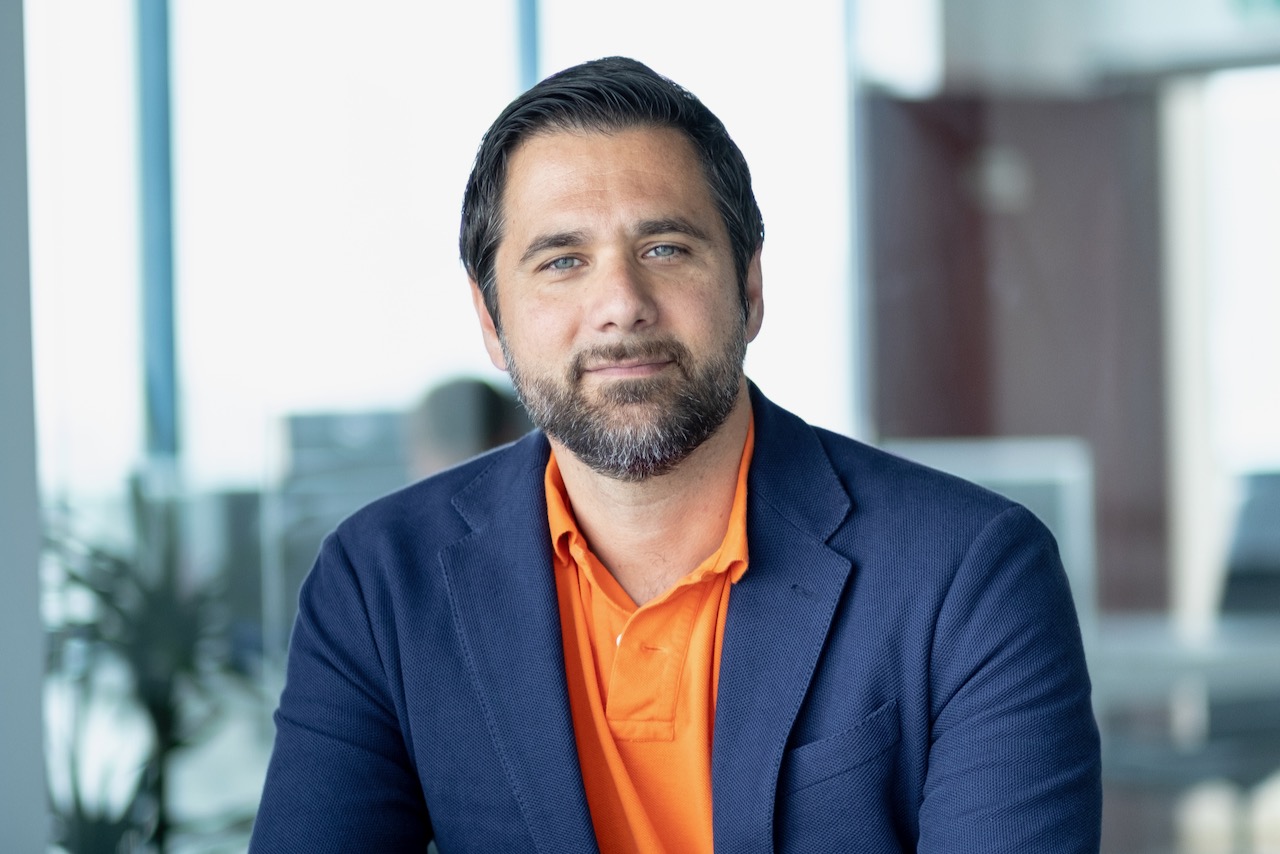The potential of open education resources

Kamran Kardan asks: what is the future for OERs and how is the industry taking account of them?
There is no doubt open education resources (OERs) have been gaining popularity in recent years due to their potential to provide accessible and affordable educational materials to learners worldwide, and rightly so.
OERs and the conversations around them are the only way towards a more inclusive, affordable, and accessibly knowledge sharing ecosystem.
We saw exceptional examples of increased OER adoption during the peak of the Covid-19 pandemic. Suddenly, we witnessed the limitations of traditional education, and barriers of access to educational resources illuminated globally.
OERs are here to stay. But the rate of OER adoption, quality, accessibility, discoverability, standardisation, sustainability, and inclusivity very much lies in the hands of you and I: participants in the collaborative community of publishers, institutions, educators, learners, and policy makers.
If there ever was a ‘team-effort’ required in the industry, this is it. After more than 20 years working with top consortia, libraries, ministries, hospitals, and corporations within research and education, I have never been more excited. The industry is immersed in an influx of discourse and innovation across the entire educational spectrum.
Innovation is critical, but we must innovate together to achieve true openness. Within the OER framework, there are currently many questions we do not have defined answers for. Questions like: how can we work with publishers to ensure OERs are not a threat to traditional publishing? How do we support the immense efforts of authors and content creators so content quality remains a priority? How can we work effectively with policy makers to protect intellectual property rights?
The grey area of illegal content gateways tells us one thing: there is a global issue of accessibility and affordability. Emerging regions, where school and institutions are underfunded, are impacted the most. As we take steps closer to the Sustainable Development Goals, we must work together and look at alternative ways of collaborating.
When I co-founded Zendy in 2019, our vision was simple: make academic content affordable and accessible to all. Our initial conversations with publishers were slow. The concept of offering both an open access platform and a subscription-based library with unlimited access to content for the monthly price of a single research paper was new and somewhat ambiguous.
Fast-forward to 2023, it’s a much easier conversation. We’ve managed to partner with leading publishers to facilitate access in over 154 countries. When I reflect on this journey, I know that we could not have done this alone, and we had to think in a non-traditional way, leveraging learnings from other industries who have faced similar challenges.
The future of OERs is weighted heavily on technical infrastructure. Like the open-source software industry, OER 2.0 may need to look at sharing similar collaborative principles around how resources are created, shared, and maintained. Our systems need to be able to talk to each other to achieve openness, and this remains a work in progress.
As a community challenge where resources and funding remain an issue, we may also see the rise of crowdfunding as a response to accelerate the development and deployment of Open education resources, especially in developing countries where access to educational resources are limited due to cost, geographic location, or lack of infrastructure. OERs can help overcome these barriers by providing free and accessible educational resources that can be adapted to local contexts and needs. Crowdsourcing is a powerful way to tackle this challenge.
Lastly, a key ingredient in the future of the OER framework will be the positive influence of artificial intelligence. Zendy was an early adopter of using AI and Natural Language Processing to personalise the search experience for students and researchers, provide a tailored recommendations system, and generate summaries of research articles.
But we know AI can go much further than that and we’re inspired by industry players who are leveraging the best technology to create intelligent tutoring systems, automated assessment processed to provide faster feedback to learners, and localised AI-generated content in for specific language contexts.
Overall, the future is bright for OERs and we are excited to play a role in bringing the industry together to drive the transformation.
Kamran R. Kardan is the founder and CEO of Knowledge E and managing director of Zendy






